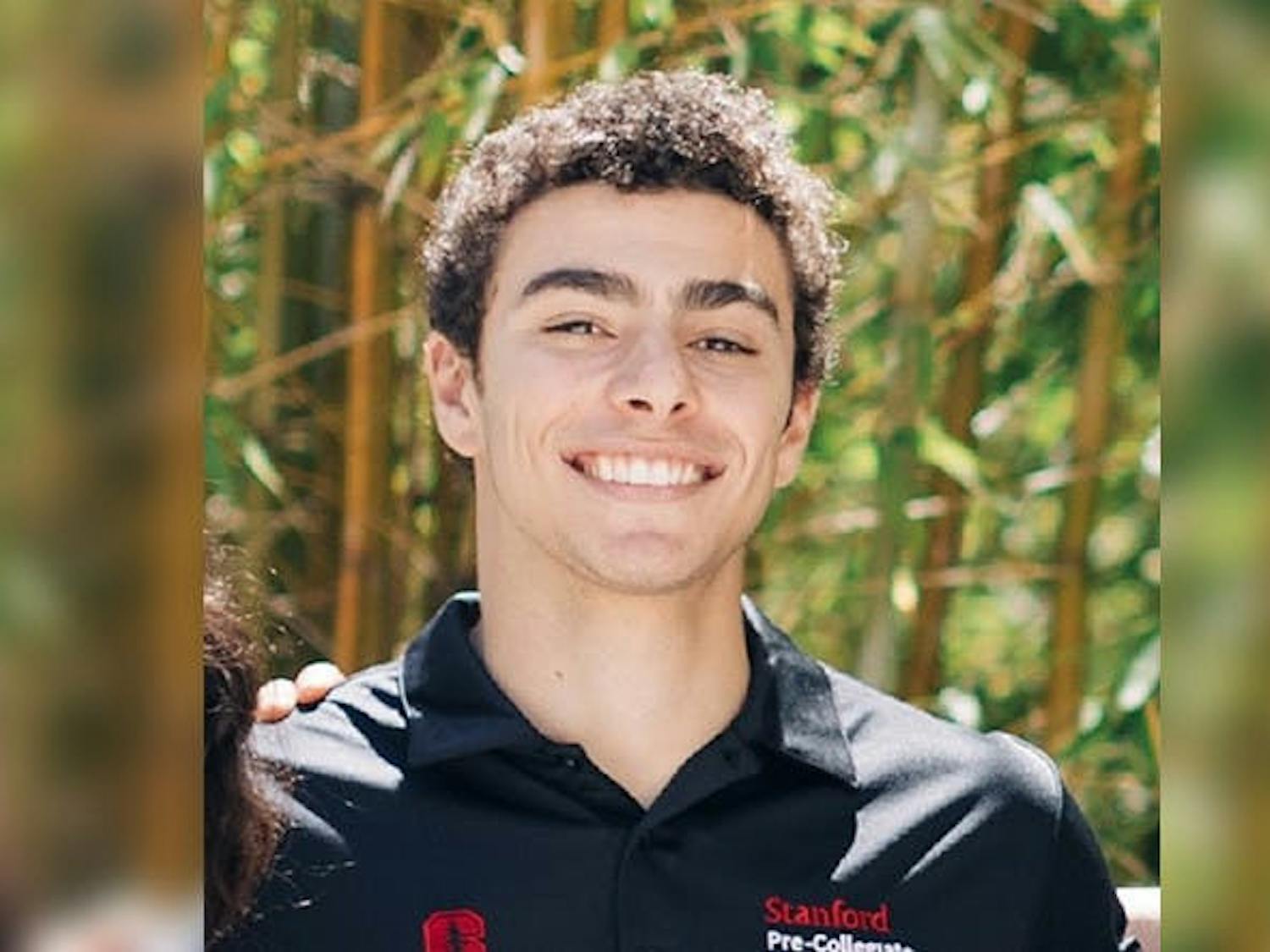When Mayor John Street took office in January of 2000, Philadelphia schools were struggling to survive. The Republican-controlled state legislature was threatening total privatization of the school district, and the future of public education was anything but certain.
At that time, the issue of what to do with the public school system was first and foremost on the minds of Philadelphians. The last four years, however, have changed the face of the nation's seventh-largest school district, and education policy has not been such a hot-button issue in this election cycle.
But in a city with almost 215,000 public school students and a reputation for subpar education, the topic is never far from voters' minds.
Many education experts argue that it is too soon to know whether the drastic changes -- most notably the city-state partnership now running the schools -- will be successful in the long term, but acknowledge that the district is undoubtedly more stable than it was four years ago.
"We're sort of at a wait-and-see point," Graduate School of Education Professor Margaret Goertz said. School District Chief Executive Officer Paul Vallas "has a couple of new initiatives in place... so at this point the people are waiting to see how the policies play out."
The city-state partnership came about in 2001, after Street fought with the state legislature against state takeover of Philadelphia schools and the wholesale outsourcing of the schools to for-profit companies.
The partnership, known as the School Reform Commission, consists of a board of five individuals charged with entirely overseeing the school district. The mayor appoints two of those members, and the governor appoints the other three.
Though some may view ceding some control to the state as a political risk, Street campaign spokesman Mark Nevins said the mayor acted in the interest of improving school funding and quality.
Critics of the mayor, including his opponent, Republican Sam Katz, have charged that the city schools cannot move forward while under state control.
One of the five policy papers Katz released about education this election cycle reads, "Sam Katz believes that Philadelphia should control its own schools, and that ultimate accountability should rest with the mayor."
Katz has pledged that, if elected, he will return the schools to city control by the end of his first term. Street has not set a timeline for achieving the same goal.
Barbara Goodman, communications director for the Philadelphia Federation of Teachers, which recently endorsed Street, argued that while regaining city control of the school district could realistically be achieved by 2007, it is not necessarily the most important thing.
"While we opposed the takeover," she said, "the bottom line is that there isn't a bit of evidence anywhere that the governance structure of the school district amounts to a hill of beans when it comes to [student] achievement."
The SRC has created a private management scheme at certain schools, with both for-profit companies, including the controversial Edison Schools, which controls 20 of the city's low-performing schools, and nonprofit organizations, including both Penn and Temple University.
"The mayor created an historic partnership between the state and the city that has actually resulted in a stabilization of Philadelphia schools," Nevins said. "Now we're seeing improvement in test scores, improvement in performance and the schools got better."
Education experts note that there are still a number of issues that must be resolved not only in the next four years, but also in the long term.
The major issue is "student achievement," Goodman said. "There are a lot of things that go into student achievement."
Among those, she said, are raising teacher retention rates from among the lowest in the nation, increasing funding for supplies and implementing a standardized curriculum -- something that, until the Vallas administration, the district had lacked since the early '90s.
"Upwards of 40 percent of students will transfer schools at least once in the school year," Goodman said. "There needs to be a standardized curriculum. It's hard to shoot at a moving target, and that's what our teachers have been doing."
Katz, a career businessman, has proposed extensive integration of private business support into the public school system to help solve these funding and initiative problems.
"It is increasingly clear that taxpayer money cannot alone be counted on to support public education," reads the Katz policy paper. In it, he uses New York City's public-private cooperation with the History Channel in which the organization donated $1 million in scholarships, materials and staff hours to the school district.
The next mayor will have to work hard on education in many respects, said Betsey Useem, director of research and evaluation at the Philadelphia Education Fund. Among the many issues are the renegotiation of teacher contracts, obtaining additional funding from the city and state and putting political pressure on the SRC.
"The mayor's role with regard to funding [will be] extremely important," she said. "It is important that the mayor, whoever the mayor is, support the current [school] administration."
The issue of education also fits in with many other topics that have become prominent in the current campaigns, including economic development and population retention, said political analyst Larry Ceisler.
"People with kids... have to figure out if they are going to be able to live in the City of Philadelphia, or have to go somewhere else."








